Overcoming communication barriers to impactful research
23 June 2022
Find out what happened at the Climate Action Unit & Earth Sciences workshop on tackling communications challenges.
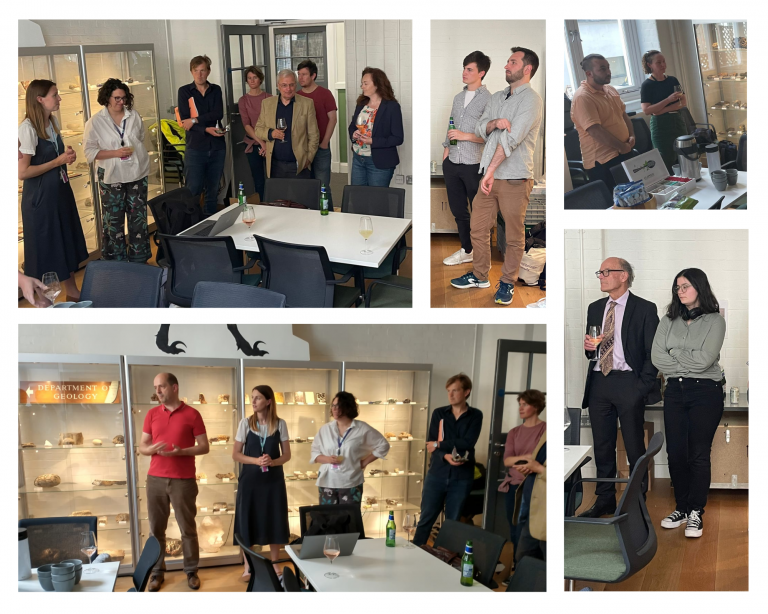
It's an ongoing challenge for researchers and academics to make sure research delivers impact. One of the most common hurdles comes when trying to engage with others - both from similar and distinct backgrounds.
On 7 June 2022, The Climate Action Unit led a workshop with academics and researchers in UCL Earth Sciences to look at the specific challenges they face when communicating and what solutions are possible.
Psychology insights for researchers
The Climate Action Unit specialises in bringing problem-solving skills - drawn from neuroscience and psychology - into the field of climate change. Several of these have huge relevance for Earth Science researchers, for example how what we say might not be what other people hear/understand, how people become polarised and stuck in silos.
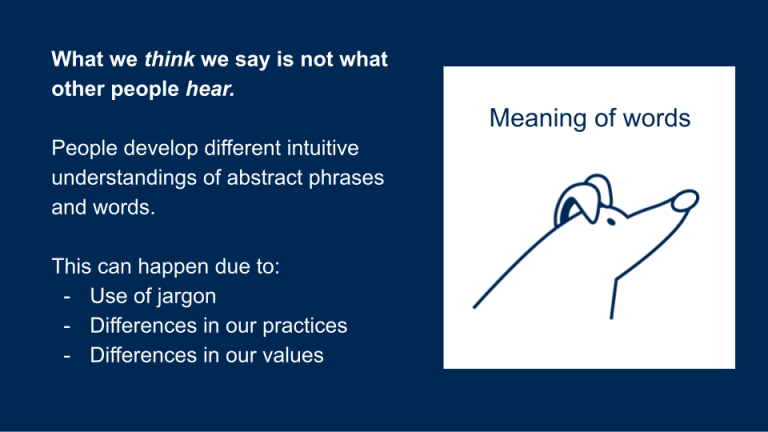
The Earth Science researchers shared real-life examples of the challenges they had faced when communicating their research. Through analysis and discussion, the Climate Action Unit categorised these challenges - for example some were logistical, some centred around the use of technical language, while others were more sociological in nature.
Identifying the target audience
Having mapped out the types of challenges they might encounter, participants were then able to move on to thinking about how to address them.
The Climate Action Unit also introduced the concept of "research end users". Dr Lucy Hubble-Rose explained: "These are the people we hope will understand our ideas and change their approach in response." Participants worked in small groups to zoom in on a particular end user for their research. They were then asked to discuss what they knew about that end user that could help them to communicate with them. For example:
- "What is their role?"
- "What information do they need in order to do that role?"
- "Why would they be interested in your work?"
Outcomes, not mechanisms
With a clear vision of their end user, the participants then looked at how to tailor messaging for them. The goal was to focus on what they wanted the outcome of engagement to be. Using a technique called "Do & Discover" participants mapped out what they hoped their end user would be able to be able to do as result of the engaging with them, and what they wanted their end user to discover or understand as a result of engaging.
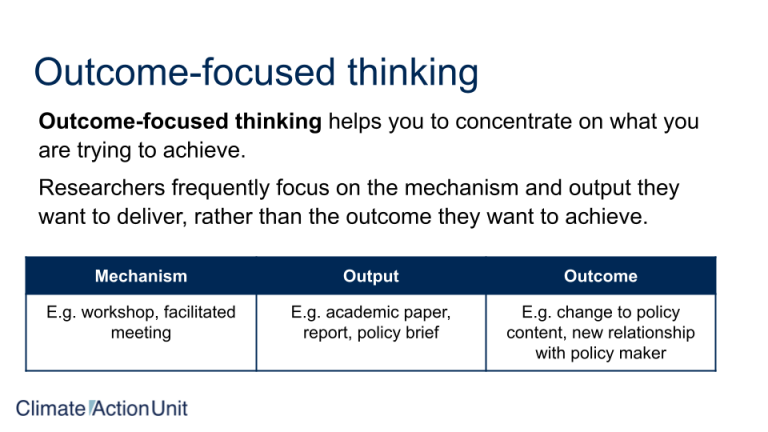
Unconventional but essential
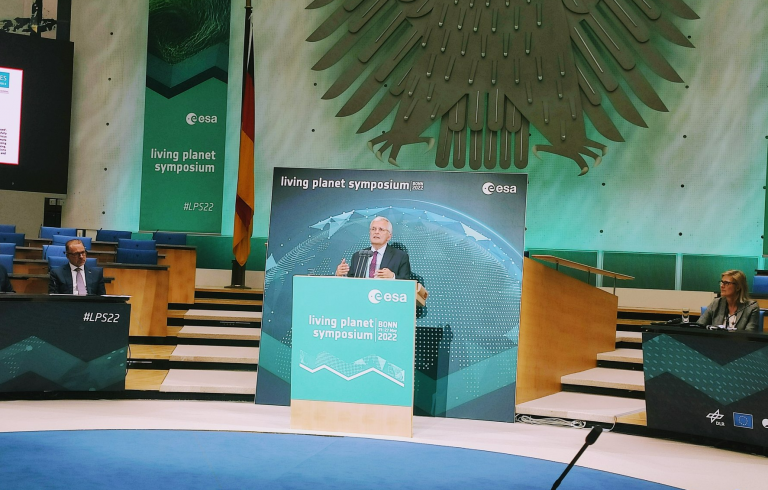
For geologists, volcanologists, paleobiologists and others, dedicating time to engagement might seem low priority. But Prof Chris Rapley argues that scientists, and the academic institutions they operate in, need to do a much better job of using their knowledge to deliver benefits for society.
“"Earth Scientists are doing research that is relevant to many severe environmental problems. By borrowing knowledge and techniques like those the Climate Action Unit uses, researchers are equipping themselves with skills to engage the right audiences so their science can be useful for society - especially by helping people find their ‘agency’ to act"
Chris Rapley, speaking at the Earth Sciences workshop on 7 June 2022.
View the slideshow of images from the Earth Sciences workshop & drinks reception:
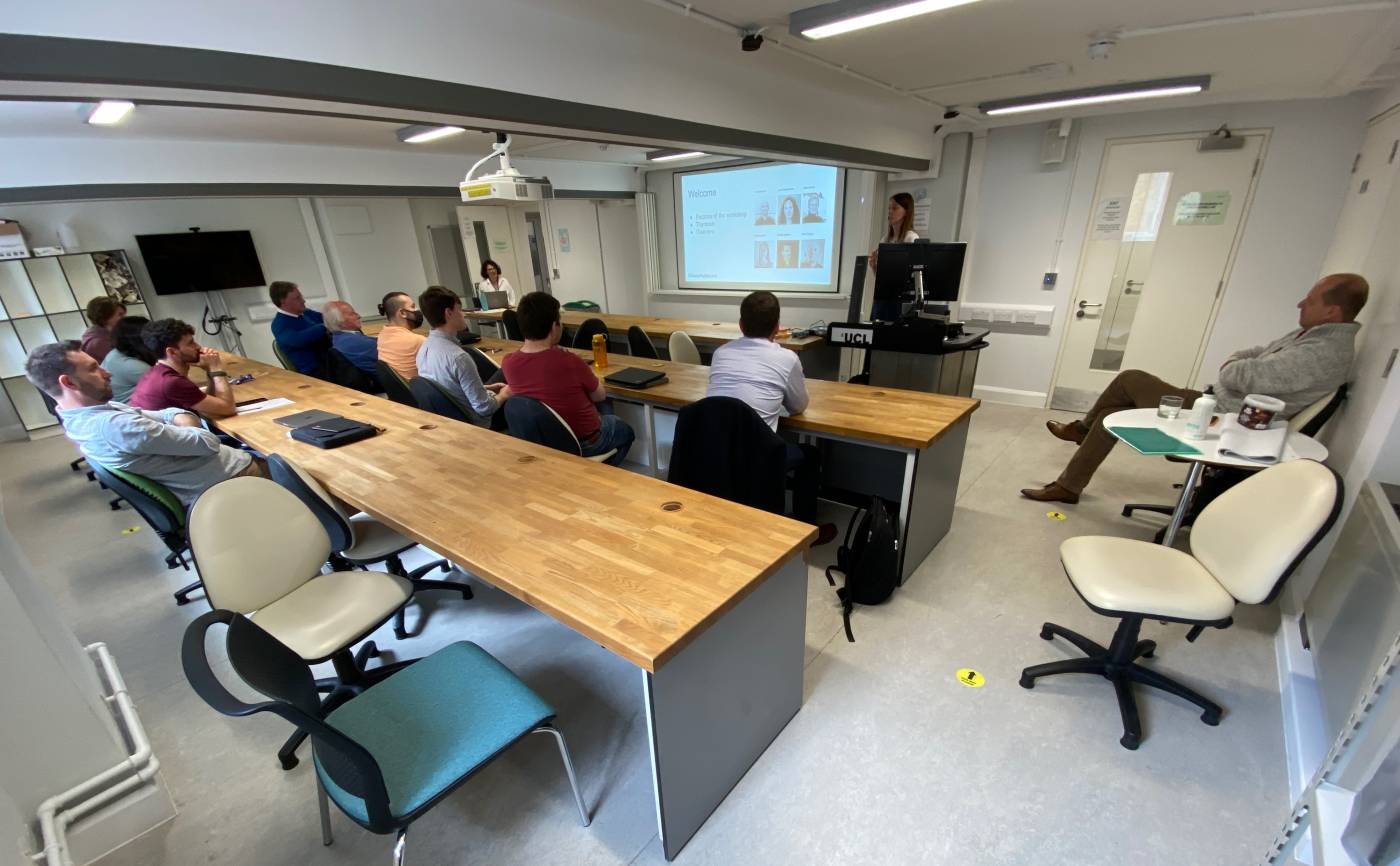
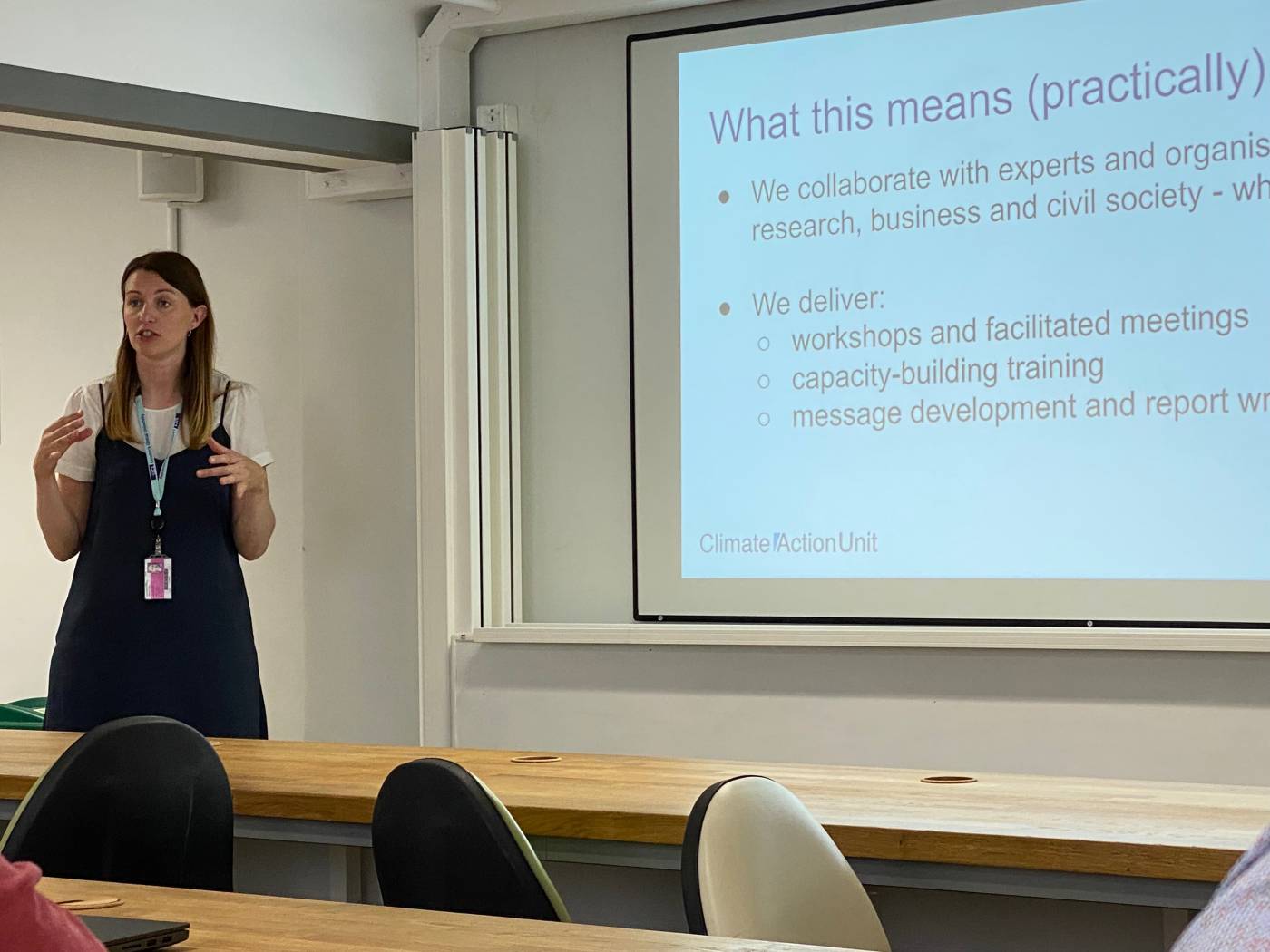
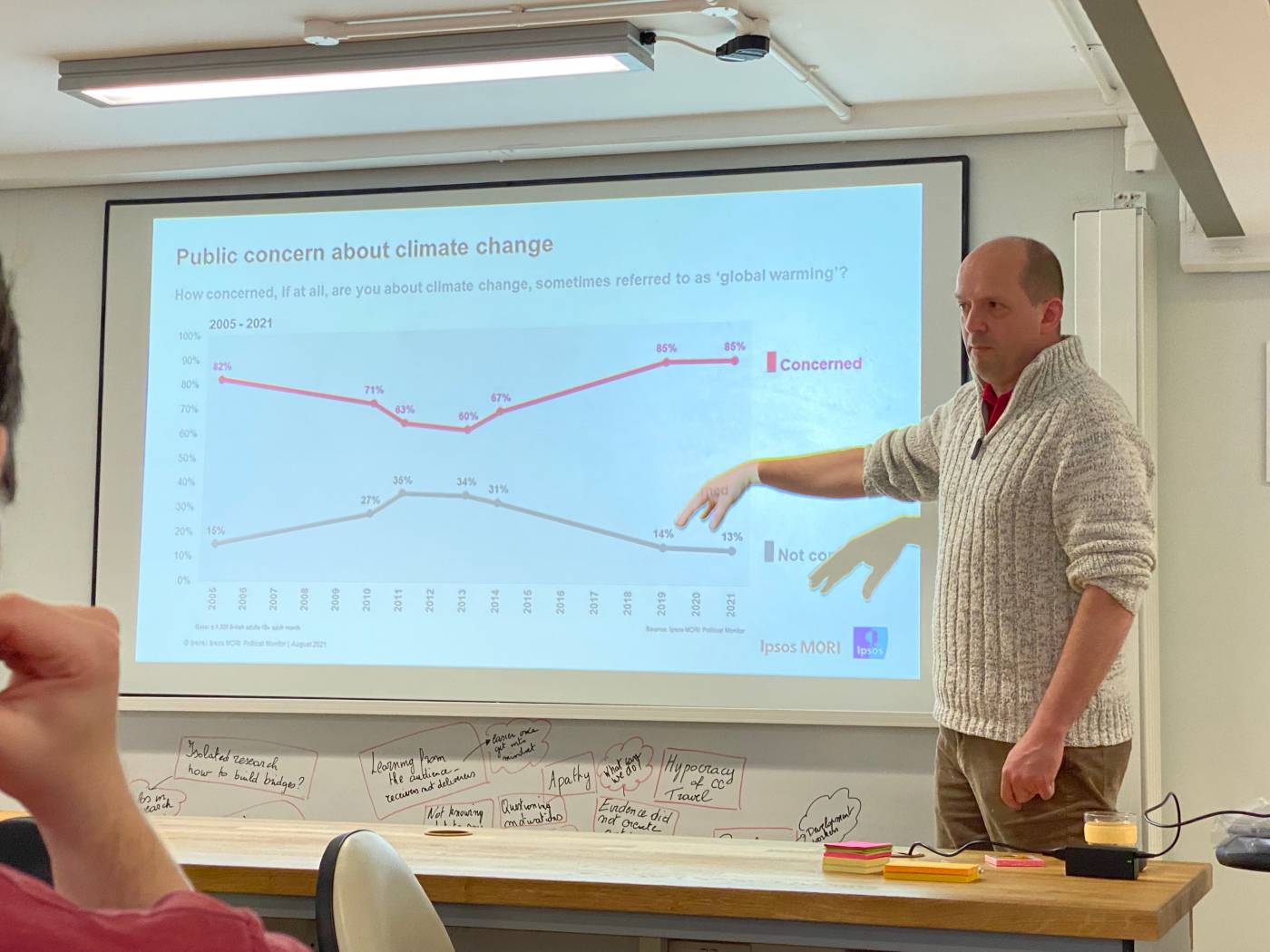
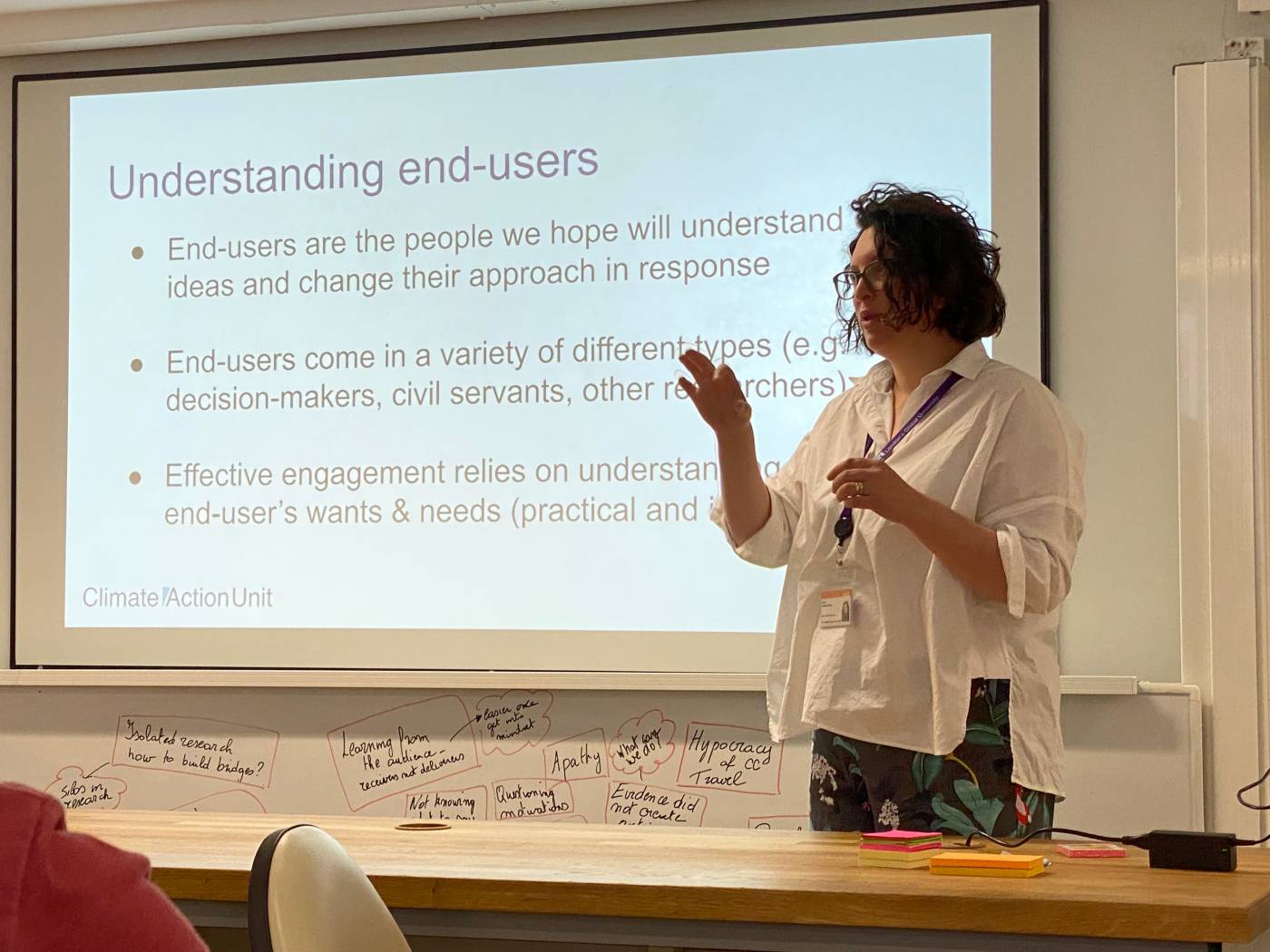
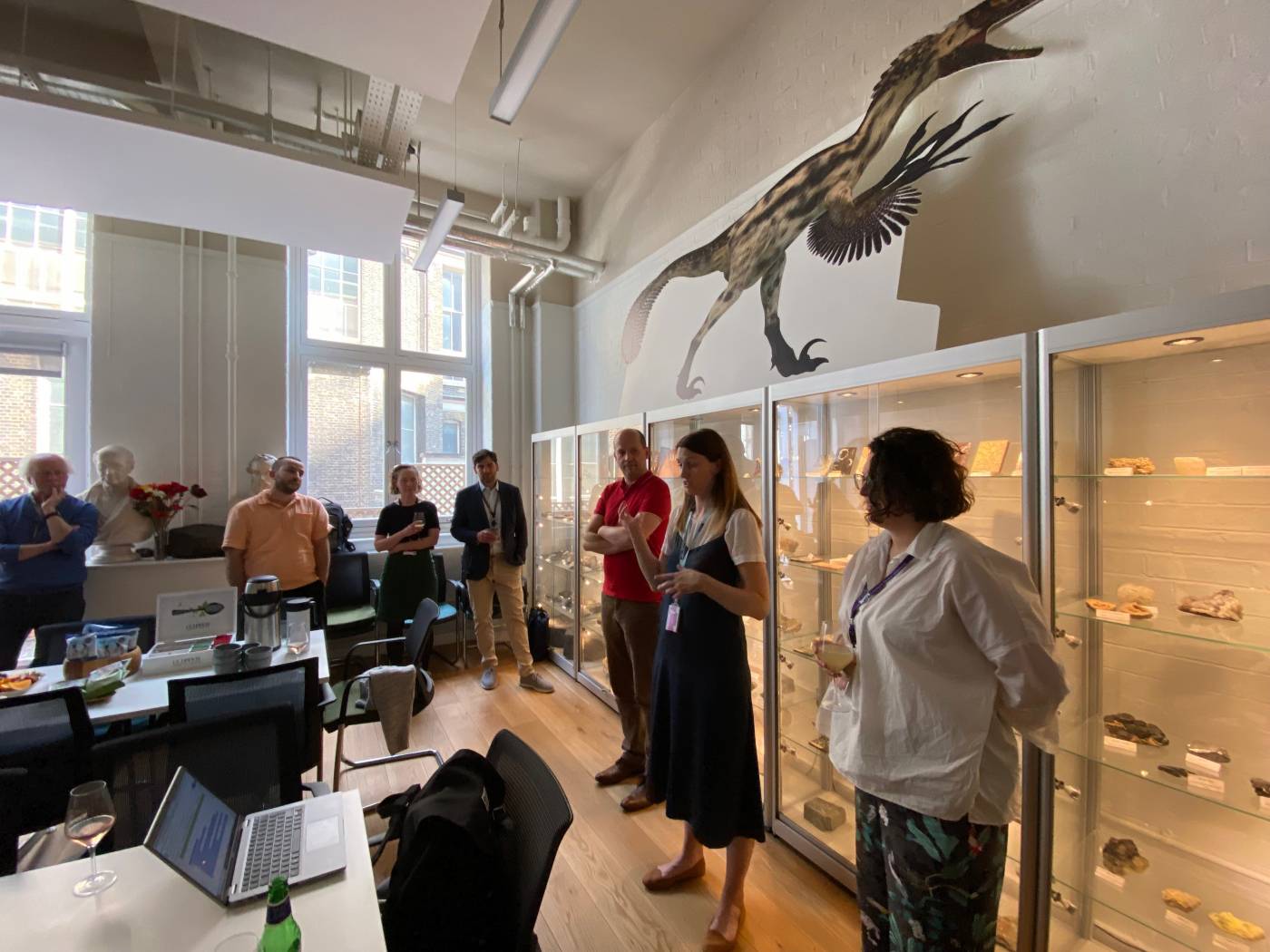
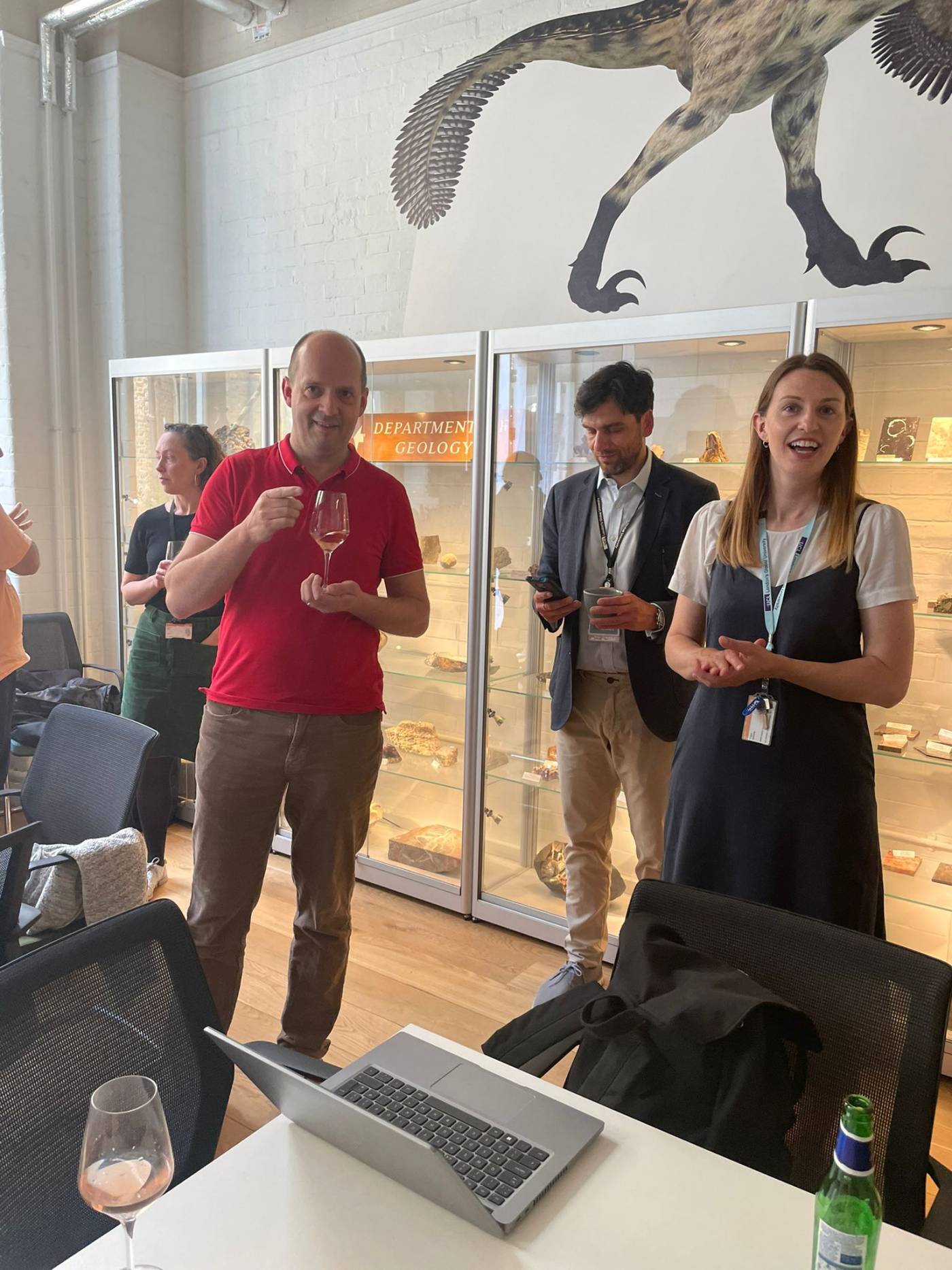
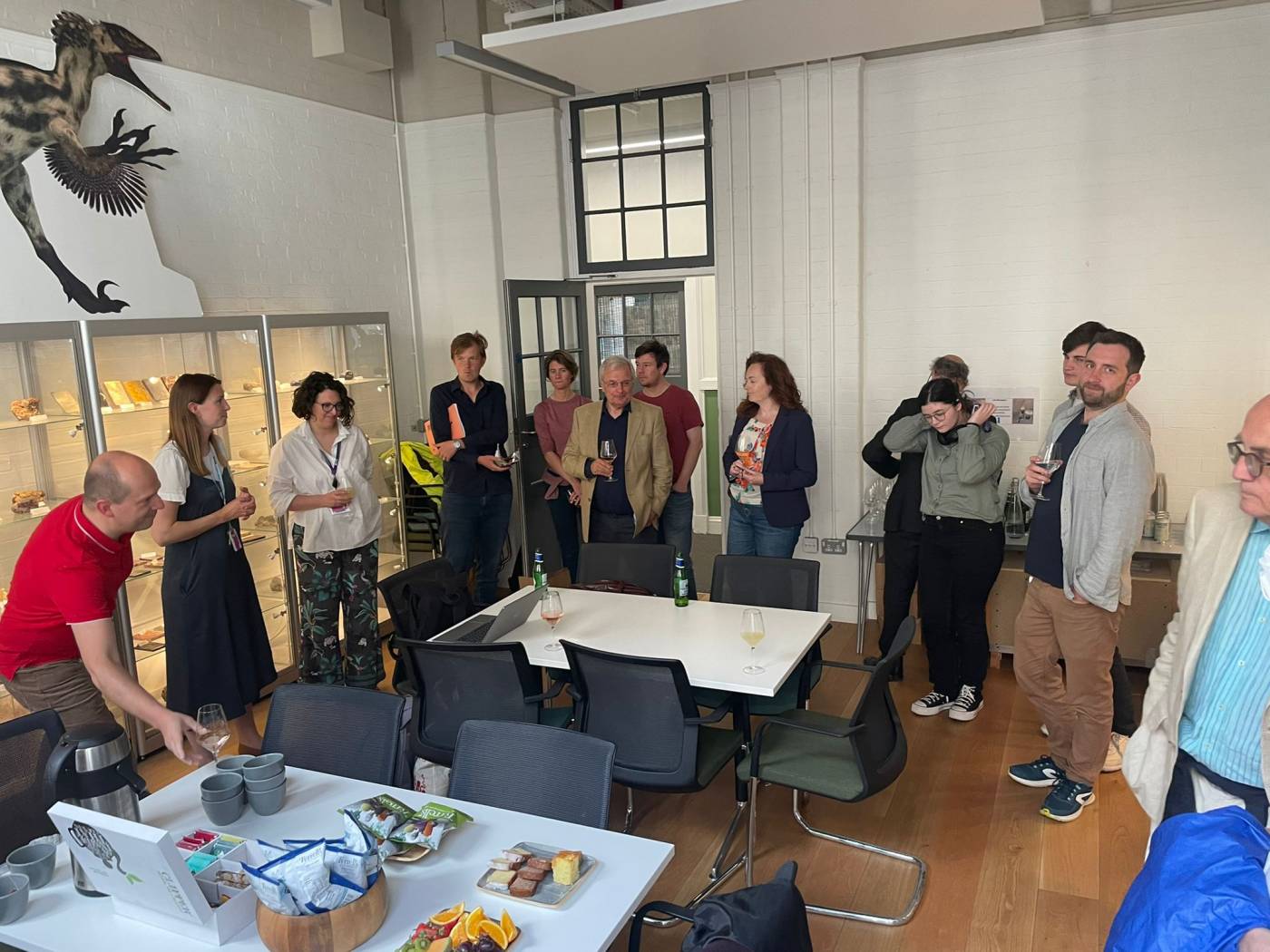
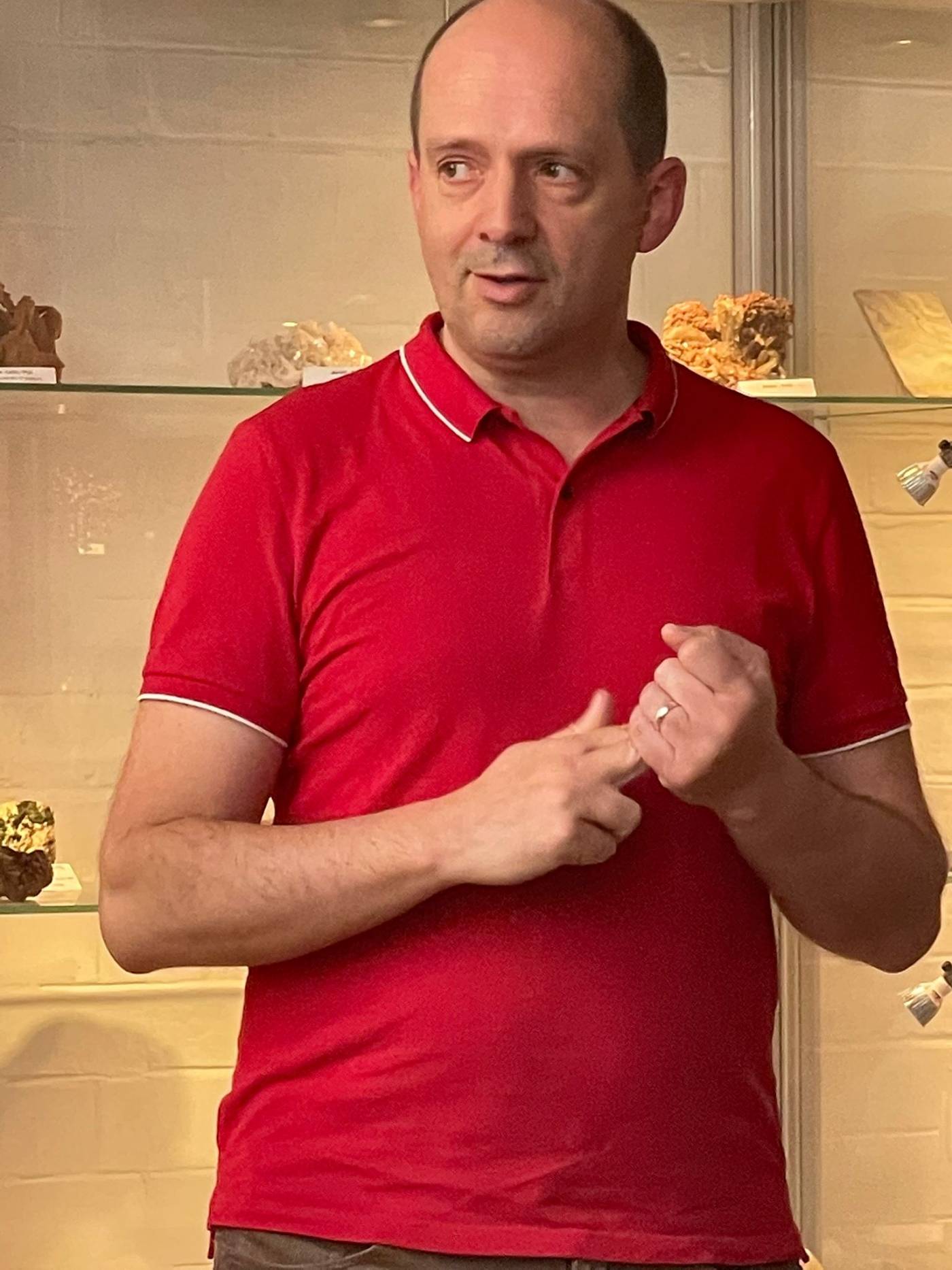
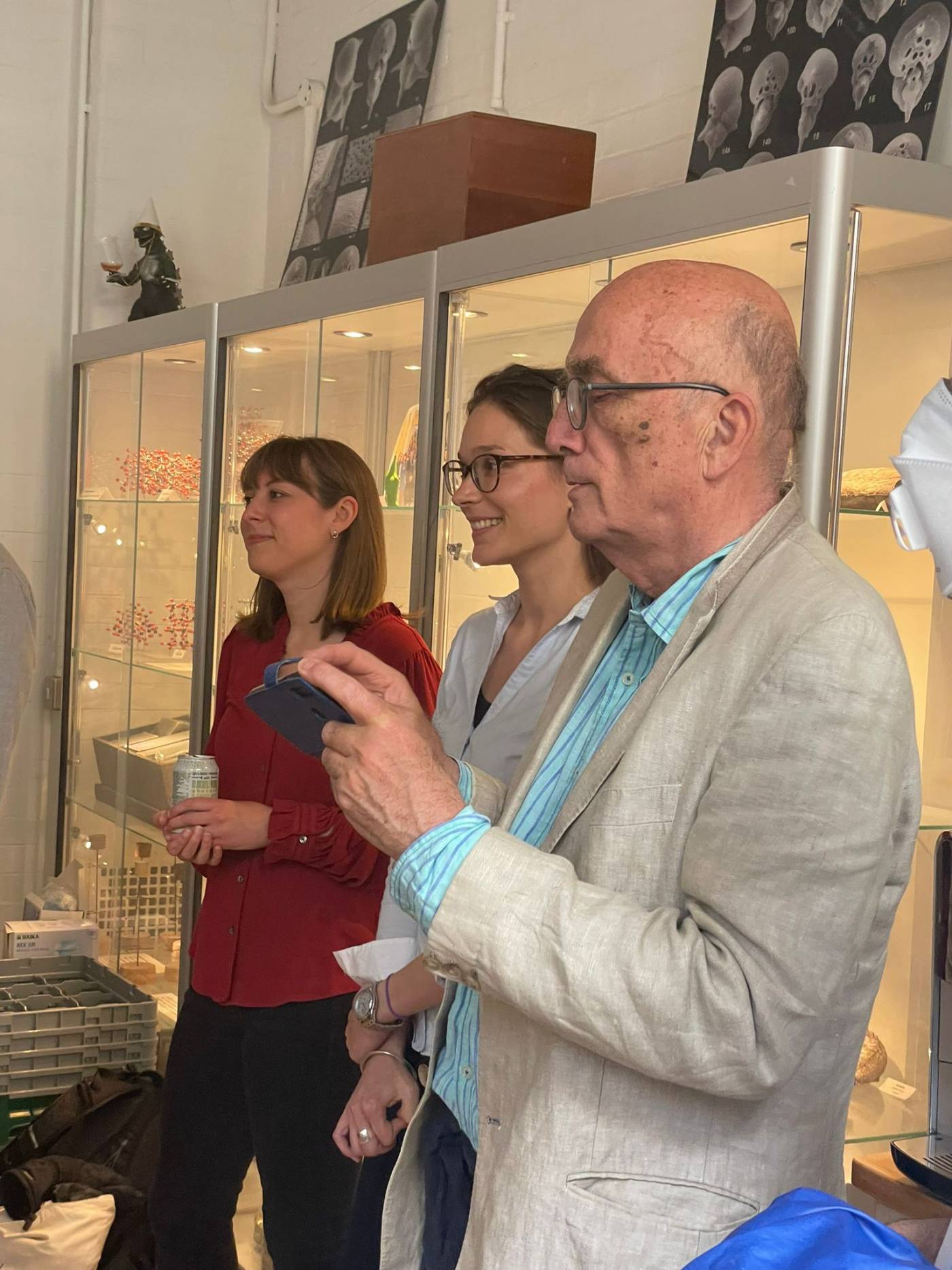
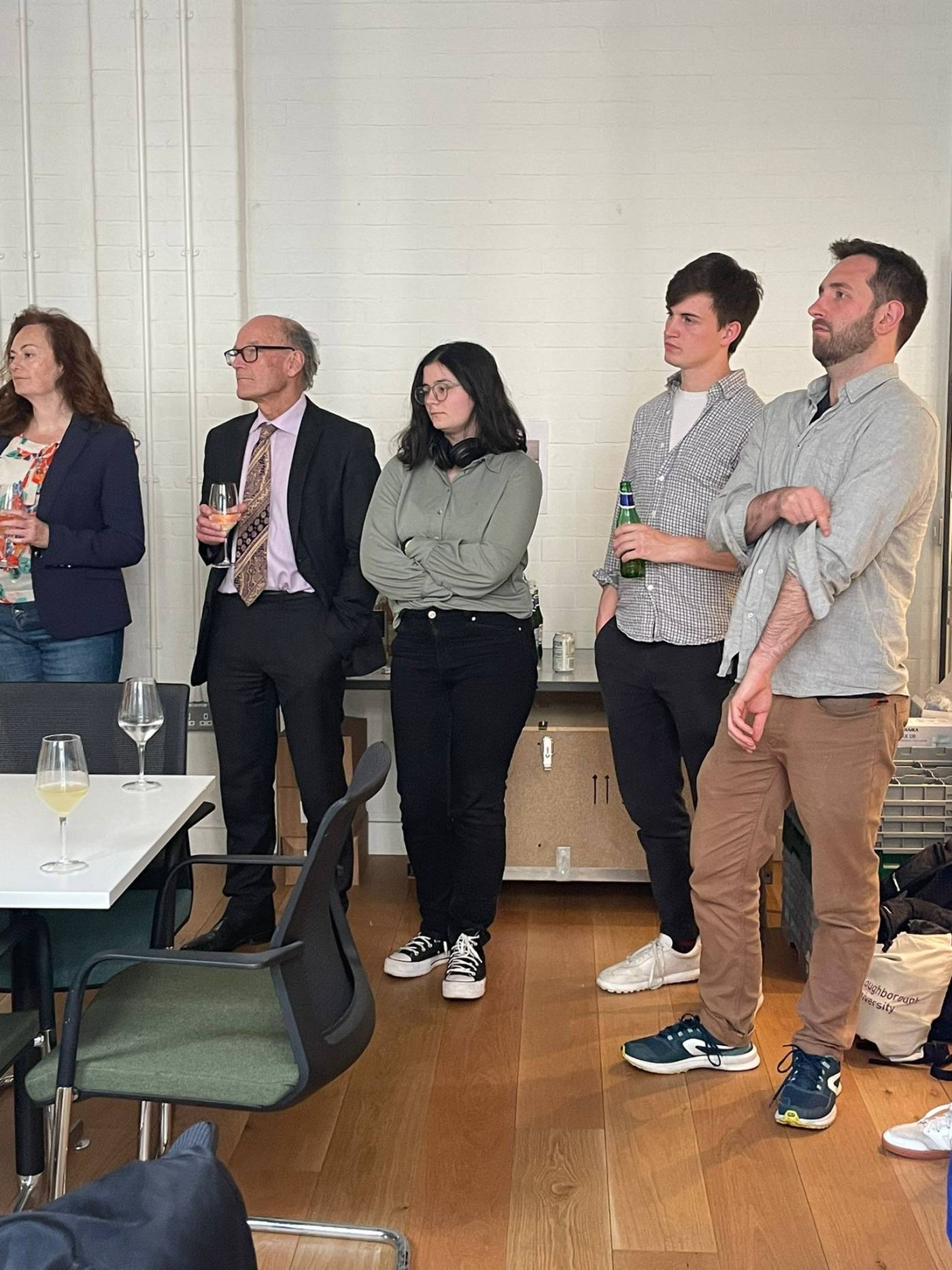
 Close
Close

